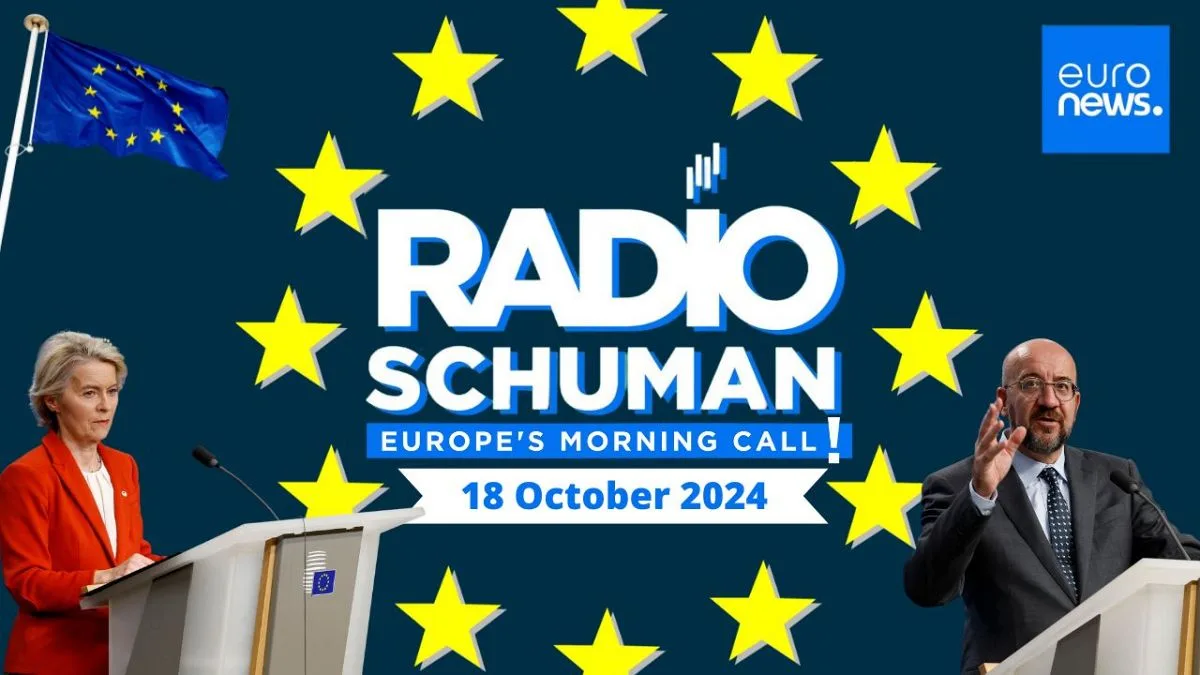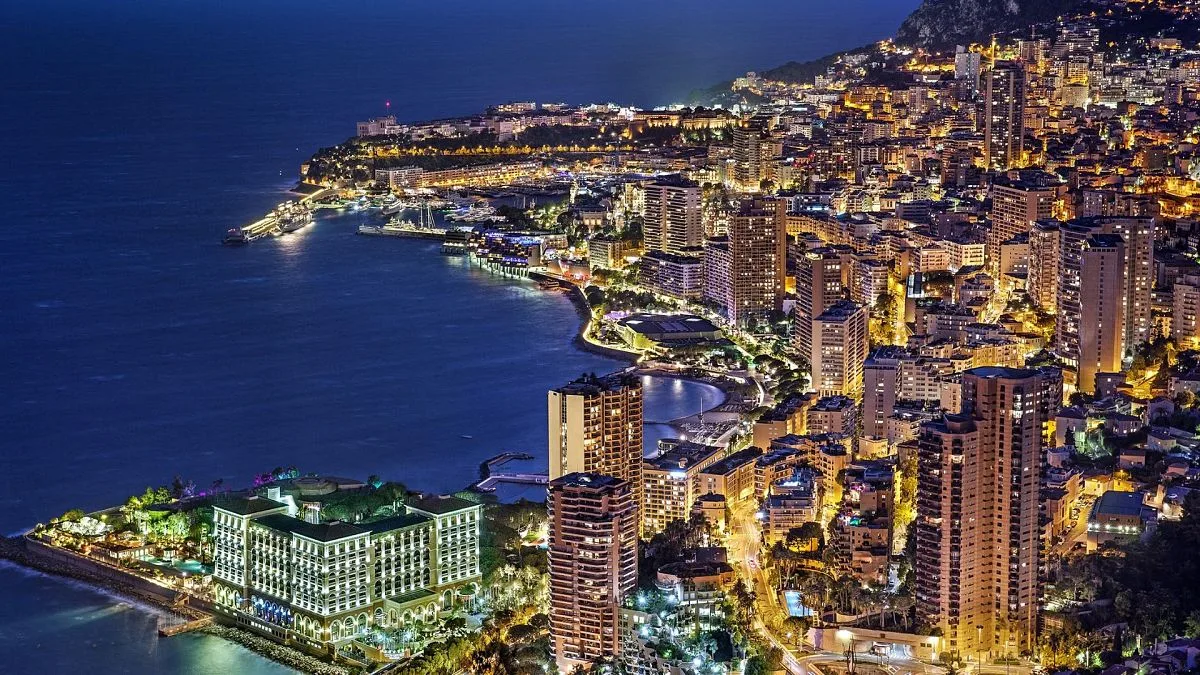At a pivotal summit focused on migration, the leaders of the 27 EU nations convened just before midnight to discuss crucial matters, although key topics like “return hubs” and a timeline for a significant migration pact were notably absent from the discussions.
The European Council summit held on Thursday was marked by intense dialogue surrounding migration policies. For the first time, EU leaders explored the concept of “return hubs,” which are intended to be established in third countries. These centers would temporarily house migrants from the EU whose asylum applications have been denied and who cannot be swiftly repatriated.
Such discussions, along with the ongoing development of the European Union’s asylum and migration pact, expected to be fully implemented by 2026, indicate a potential shift in how the bloc addresses migration challenges.
Despite the discussions, the final conclusions from the summit did not include mentions of return hubs, nor did they outline a clear timeline for the new migration pact. However, leaders did urge the European Commission to draft new legislation aimed at facilitating the deportation of rejected asylum seekers who remain in the EU. Additionally, there was support for Poland’s proposal to grant nation-states the authority to temporarily suspend new asylum applications.
In a groundbreaking suggestion, Ursula von der Leyen proposed that temporary and proportionate measures could possibly align with legal frameworks.
In the latest episode of Radio Schuman, listeners are treated to insights from the inaugural pre-summit meeting of the far-right “Patriots of Europe,” featuring exclusive clips from Dutch far-right leader Geert Wilders.
And as a light-hearted note, we explore where in Europe people declare themselves the happiest. It turns out, higher happiness rates often go hand-in-hand with sunnier climates!
Radio Schuman is hosted and produced by Maïa de la Baume, with contributions from journalist and production assistant Eleonora Vasques, audio editing by Zacharia Vigneron, and music by Alexandre Jas.
Photo credit & article inspired by: Euronews



